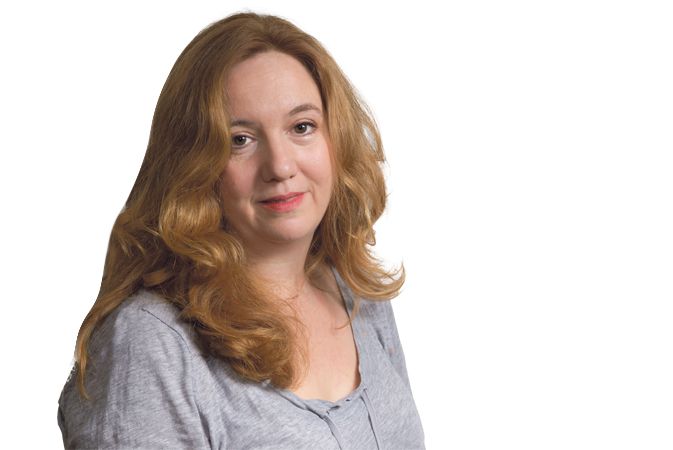Call it Thanksgivukkah or call it Chanugiving, by the time you lovely readers fall eagerly on this issue of the Copenhagen Post (as I know you always do), it will be upon us.
If you haven’t heard about it already, don’t feel bad. If you aren’t Jewish and from the USA it doesn’t really affect you. But for some of us, it is looming large.
On Thursday November 28, the Jewish holiday of Chanukah will coincide with Thanksgiving, the US holiday when families gather together to give thanks and eat turkey. Both holidays have positive overtones when it comes to interfaith understanding. Thanksgiving is a day that can be celebrated by all races and faiths in the US, while Chanukah, which usually falls in December, makes it possible for Jewish parents to survive Christmas.
Much to the chagrin of rabbis who would, quite rightly, like us to think of the spiritual dimension, Chanukah does a great job as a ‘get out of jail free card’ for Jewish parents.
“Mummy, why does Father Christmas come to Jens’s house and not ours?”
“Chaimey, do the maths, Jens gets one delivery of presents and they have to fit down a chimney and then in a sock (rolls eyes incredulously). We get eight nights of presents that can come through the front door!”
Besides offsetting Christmas, for most Jewish families the Chanukah customs are many and fun. The festival commemorates the victory of a Jewish rebellion that led to the rededication of the temple. There was only enough oil to light the lamp for one night and it was going to take much longer to get more oil back to the temple. The oil miraculously lasted for eight nights and now Jews light a Chanukah menorah, adding a new candle for each of the eight nights. Presents are exchanged, there’s a game with a spinning top called a dreydl, and lots of fried donuts and potato latkes are consumed, followed by plenty of antacid medication.
But what of Chanugiving? Well it is a seriously rare event for Chanukah and Thanksgiving to collide like this – so rare it has never happened before. The last time Chanukah was this early, there was no Thanksgiving, and it won’t happen again for 75,000 years.
One person who is happy about the unusually early timing this year is Rochel Loewenthal, a native of Pittsburgh in the US and the co-director of Chabad Denmark, the Danish branch of the largest Jewish outreach organisation in the world.
“Personally I’m glad that Chanukah is so early this year so it doesn’t get overshadowed by everything else that is usually going on in December,” she explained. “It’s very appropriate to celebrate Thanksgiving, which is about giving thanks for our blessings, alongside Chanukah, which is about light and miracles and celebrates freedom from religious oppression.”
Rochel and her husband, Rabbi Yitzi Loewenthal, have organised a yearly Chanukah celebration with the lighting of a giant menorah in the city centre since 1998.
“When we first started, we had no idea who would come, and we were incredibly surprised when 200 people showed up,” Rochel Loewenthal said. “The reaction was just amazing – people danced and cried.”
This year promises to be bigger and better than ever, and the Copenhagen Jewish community organisation Mosaiske Trosamfund and the City Council are also on board. The event Chanukah i Byen (Chanukah in the City) will take place on Tuesday December 3 at Rådhuspladsen. Meanwhile, for Jewish Americans there will be a Chanukah-Thanksgiving dinner (all details are available on the Chabad Denmark website).














